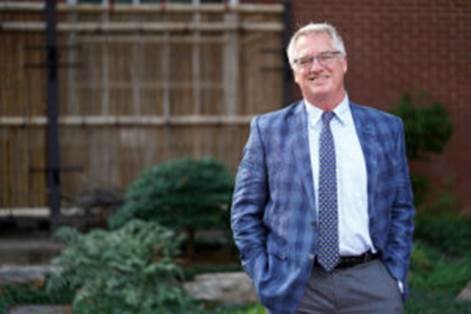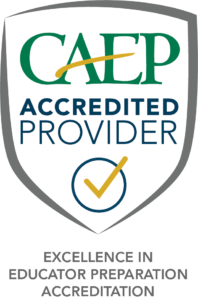
February 14, 2024
There are many positive things happening in the College of Education at Mary Washington! Dr. Melissa Wells, one of our very own, has received the prestigious 2024 Virginia Outstanding Faculty Award from the State Council of Higher Education for Virginia. In just her 7th year, Melissa is well-established as a leader in the College and across campus.
On the teacher shortage front, the COE is working with area schools on a grant-funded project to develop a teacher apprenticeship program. Recruitment of teacher apprentices is underway, and we expect to enroll 16 students in the summer of 2024. We are also focused on attracting STEM teachers using resources from the $1.4 million-dollar NSF/Noyce grant. We are also expanding “grow your own” connections with high school Teacher for Tomorrow (TfT) programs. We are proud to do our part to ensure every classroom has a well-prepared teacher.
We continue to provide extensive support for provisionally-licensed and under-prepared teachers in our partner schools. We are providing support for new special education teachers, and building capacity for mentorship for new teachers and building leaders. We will stage our second conference in the spring focused on building capacity for STEM teachers in the region. Together with UMW science faculty, we continue to lend our expertise to help elementary and middle school students improve their skills with STEM education together with our partner schools.
Finally, the lab school planning process for opening the Academy for Technology and Innovation at UMW (ATI-UMW) is well underway. ATI-UMW will be a comprehensive high school located on the Stafford campus similar to a magnet school with a computer and data science focus and is slated to open in fall 2024. Our team is focused on developing a professional development school partnership, similar to a teaching hospital, that will provide powerful learning, professional development, and research opportunities for faculty, staff, and students. We are excited to develop a model demonstration site for innovative teaching in service to the region.
Dr. Pete Kelly
Professor & Dean
College of Education
University of Mary Washington
